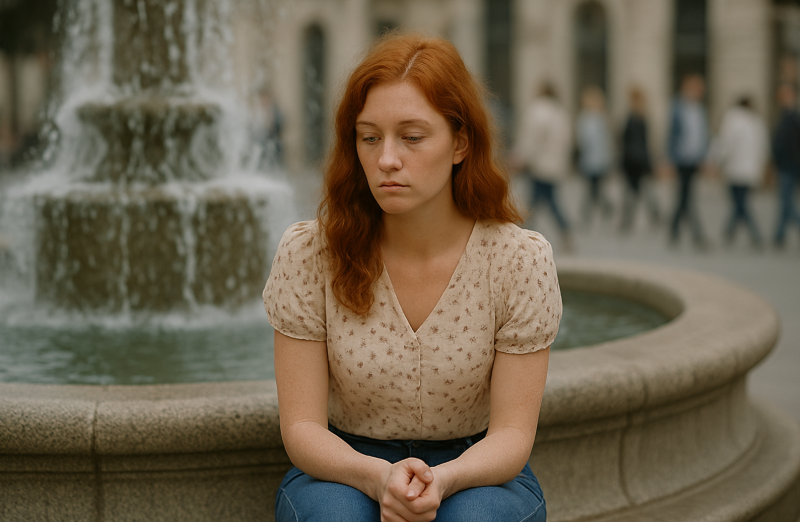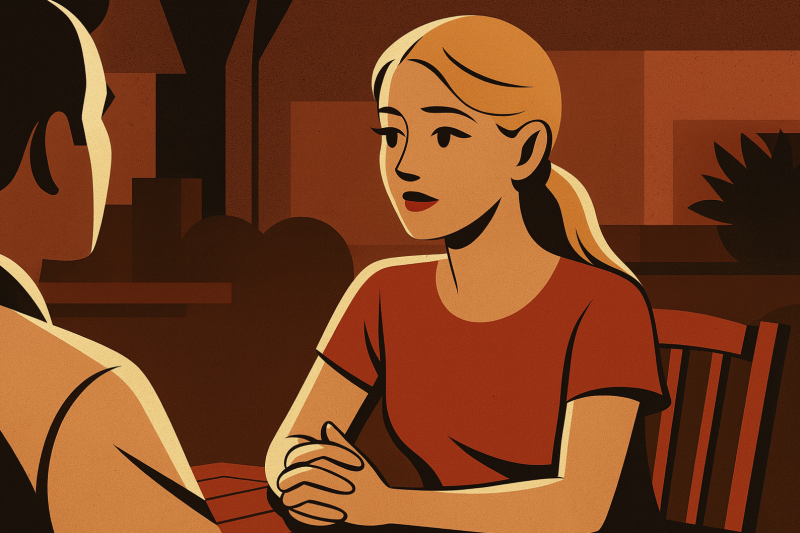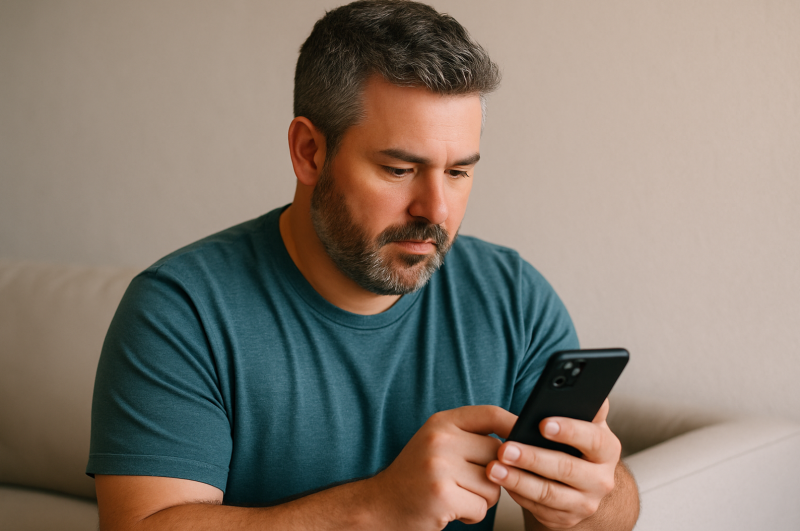
Social media can quietly chip away at self-worth. Here’s why it makes you feel ‘less than’—and how to build a healthier relationship with it.
By Sergio Toledo
Editor-in-Chief, Heed to Heal
Introduction
Scrolling through social media can feel like flipping through a never-ending highlight reel of other people’s lives—perfect vacations, flawless homes, happy relationships, and achievements that make your own day-to-day life feel, well, dull. It’s not always intentional, but social media has a way of triggering comparison, self-doubt, and the quiet feeling that you’re somehow behind.
But here’s the truth: what you see online is rarely the full story. Learning how to break free from these invisible pressures can help you reclaim your confidence and peace of mind.
The Illusion of Perfection
People rarely share their struggles, bad days, or moments of doubt online. What you see are carefully chosen moments meant to look perfect—edited photos, polished captions, and curated snapshots of a life that seems flawless. This illusion can trick your mind into thinking everyone else is happier or more successful than you.
Psychologists call this “social comparison theory”—the tendency to evaluate ourselves based on others. When you’re constantly scrolling through other people’s best moments, it’s no wonder you feel like you’re not measuring up.
The Impact on Mental Health
Research has shown that heavy social media use can increase symptoms of depression, anxiety, and low self-esteem, especially when we spend more time comparing ourselves to others. Studies from the University of Pennsylvania found that reducing social media use significantly improved well-being and decreased feelings of loneliness and envy.
The constant stream of “perfect” content can also create a sense of pressure—pressure to look good, achieve more, or live up to an unrealistic standard. Over time, this can chip away at your self-worth.
How to Break Free
You don’t have to delete all your accounts to feel better. Instead, try creating a healthier relationship with social media:
- Curate your feed. Unfollow accounts that make you feel insecure or drained. Follow people who inspire, educate, or uplift you.
- Limit your scroll time. Set timers or specific windows for when you’ll check social media.
- Remember the filter. Remind yourself that what you see is not the whole story. Everyone has challenges they don’t share online.
- Post with purpose. Share moments that feel authentic to you, not ones you think will get the most likes.
- Take offline breaks. Spend time doing things that nourish you—reading, walking, cooking, or connecting face-to-face.
Reclaiming Your Self-Worth
Your worth isn’t tied to likes, comments, or shares. Real life happens beyond the screen, in the messy, imperfect, and beautiful moments that rarely get posted. By shifting your focus away from comparison and toward authenticity, you can reconnect with what truly matters—your own growth and happiness.
References
- Appel, H., Gerlach, A. L., & Crusius, J. (2016). The interplay between social comparison, envy, and depression on social networking sites. Current Opinion in Psychology, 9, 44–49.
- Lin, L., Sidani, J., Shensa, A., Radovic, A., & Miller, E. (2016). Association between social media use and depression among U.S. young adults. Depression and Anxiety, 33(4), 323–331.
- Hunt, M. G., Marx, R., Lipson, C., & Young, J. (2018). No more FOMO: Limiting social media decreases loneliness and depression. Journal of Social and Clinical Psychology, 37(10), 751–768.
Originally published by Heed to Heal, 07.28.2025, under the terms of a Creative Commons Attribution-NonCommercial-NoDerivatives 4.0 International license.






